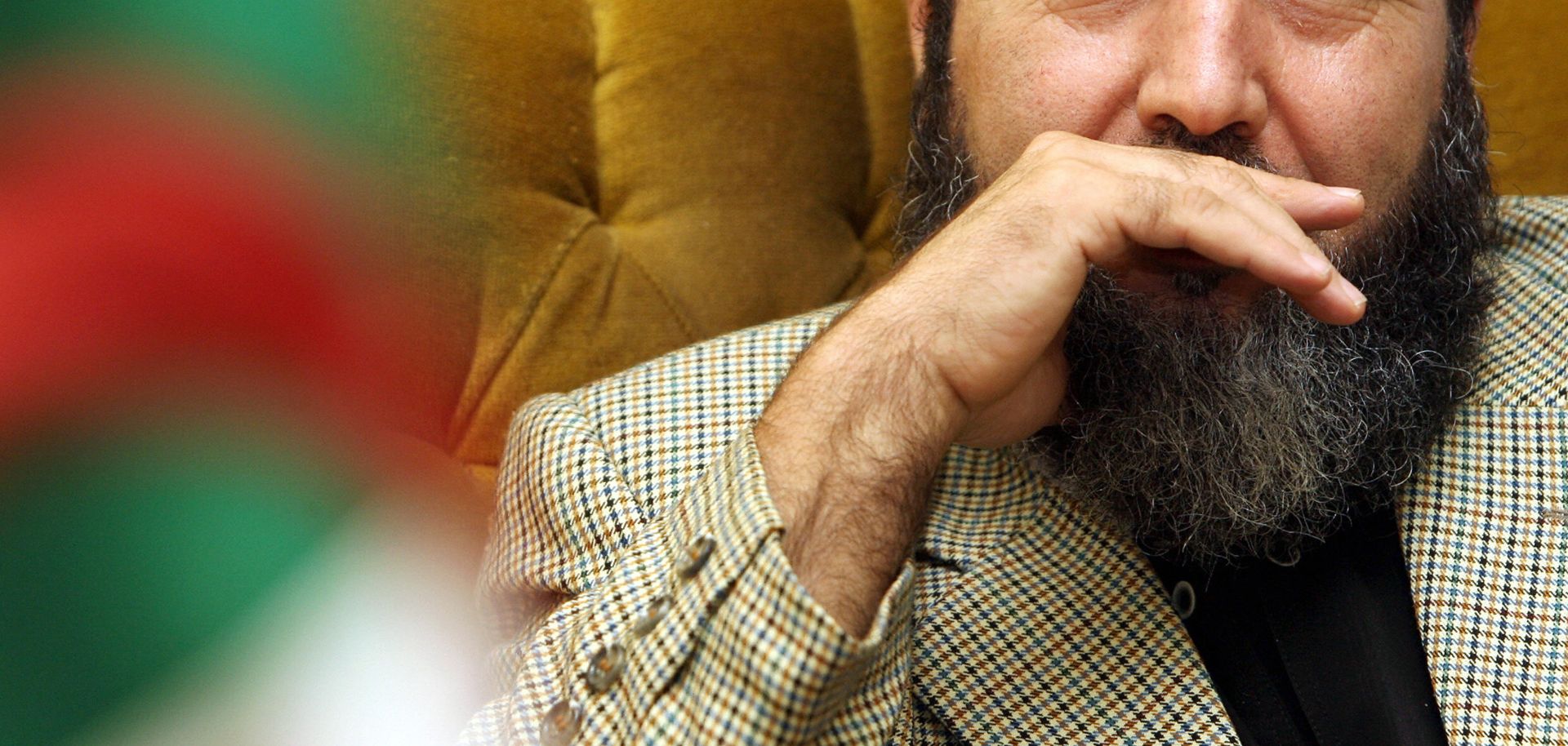ASSESSMENTS
Algeria's Government Alters Its Relationship With Islamists
Dec 19, 2014 | 10:00 GMT

(FAYEZ NURELDINE/AFP/Getty Images)
Summary
Algeria is preparing for the eventual departure of ailing President Abdel Aziz Bouteflika. To avoid the same kind of political instability that occurred when the president first became ill in 2005 and maintain the ruling coalition's hold on power, the civil-military government is reaching out to potential new partners, especially the members of the Islamist movement. Though divided between Salafists and more moderate Muslim Brotherhood-type groups, Islamists will be key to ensuring an effective government transition, thus explaining Algiers' recent outreach to long-banned Islamist group the Islamic Salvation Front, known by its French acronym, FIS.
The government and Islamists in North Africa's largest Arab state will feel the implications of this outreach in the post-Bouteflika period. A potential alignment with the remnants of the FIS is designed to help the government deal with both radical and moderate sects of Islamism. However, by design it also could create a competition between the Salafists and Muslim Brotherhood-type groups, ultimately making the intensely divided political environment manageable for Algeria as it approaches an inevitable transition.
Subscribe Now
SubscribeAlready have an account?
